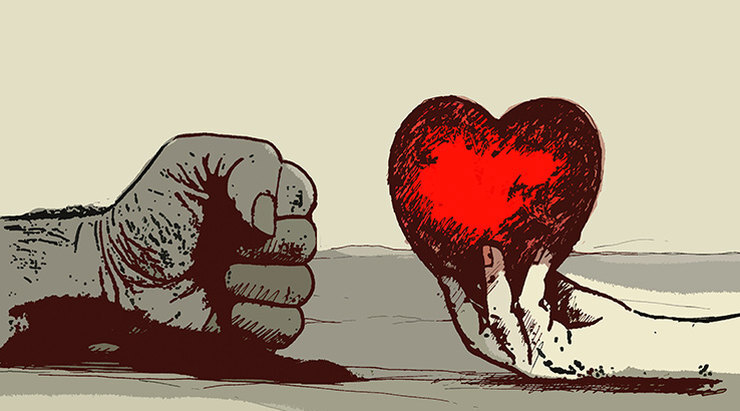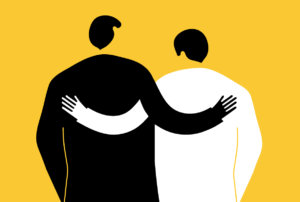
Have you ever felt both love and hate for a person or an object in your life? Do sympathy and antipathy converge on the same points? If the answer is yes, you may be experiencing Ambivalence.
Ambivalence was first introduced by Dr. It was mentioned by Eugen Bleuler, and today it is among the symptoms of diseases such as bipolar disorder, obsessive-compulsive disorder, and schizophrenia.
Ambivalence is the name given to the simultaneous occurrence of opposing feelings, ideas, and wishes regarding a person, an object, or a situation. In other words, we love something while on the other hand we hate it. For example, there comes a time when we say that we hate the work we do or the person we love. But on the other hand, we find ourselves thinking about whether I love or not. While we want to be the best in our business life, working on the other hand feels painful.
All these contradictory voices and thousands of contradictions in our minds gradually imprison us within ourselves. On the basis of all these, thousands of confusions, and if we go back even further, may be family relationships and childhood traumas. These events may trigger opposing binary thoughts.
Every situation does not lead to the diagnosis of ambivalence. While we love our car very much on the one hand, we may want to sell it on the other, this is a very normal situation of indecision. In this way, perhaps many of our contradictions can be within normal limits. Although it is among the symptoms of mood disorders such as bipolar disorder, obsessive-compulsive disorder, and schizophrenia, it is not sufficient for a diagnosis alone.
The person should not be worried and the experienced situations should be examined in more detail by a specialist and the diagnosis should be made that way. Producing an antithesis to that idea while defending an idea can be given as an example.
If one of the partners in a relationship is experiencing ambivalence, that partner becomes the person who is unhappy with the relationship but has difficulty in ending the relationship, becomes dependent and feels love at the same time as well as feeling anger. If you are experiencing ambivalence frequently, you can get support from a specialist and take a step to feel better. If you don’t experience it very often, learning the root cause of your feelings will make your relationships much better.














